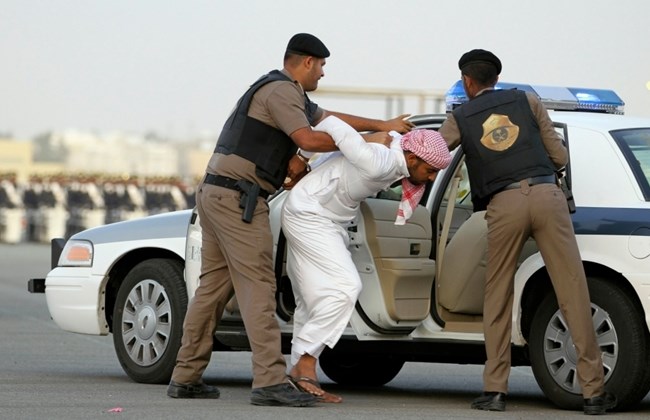
AL-QAIM: Iraqi troops have reinforced their positions along the porous frontier with neighboring war-torn Syria, fearing a spillover from clashes there between Daesh militants and US-backed forces.
For weeks, Daesh has fought back an assault by the US-backed Syrian Democratic Forces (SDF) on a key militant-held pocket in Syria’s eastern Deir Ezzor province near the border with Iraq.
It managed to recapture some territory from the SDF around Hajjin, prompting Baghdad to dispatch reinforcements to its own border, including paramilitary units from the Hashed Al-Shaabi and the army.
“All measures have been taken: we have control towers, observation posts, dirt berms and trenches,” Lt. Col. Abbas Mohammad, the head of one border unit, said Thursday.
“The SDF’s retreat will not be a threat to Iraq,” he added.
Soldiers could be seen posted along a sand berm topped by barbed wire and decorated with Iraqi flags, according to an AFP video journalist at the scene.
Military vehicles patrolled between barracks, and soldiers stationed at observation posts pointed their machine guns toward the Syrian border.
Helicopters and more armored cars arrived throughout the day.
According to Iraqi General Qassem Al-Mohammadi, who heads operations in Iraq’s western Anbar province, Daesh fighters were just “five or six kilometers away, inside Syria.”
Anbar, a massive desert governorate which extends from the edge of Baghdad west toward the Syrian border, served as a militant bastion before Iraqi forces retook it in late 2017.
Across the border in Syria, two separate offensives have aimed at ousting Daesh from the frontier with Iraq.
One has been carried out by Russian-backed Syrian troops, who have cleared Daesh from territory west of the Euphrates River.
That includes the Albu Kamal border post with Iraq, which was captured last year. Authorities in both Baghdad and Damascus said in mid-October that they hope to revitalize cross-border trade through it as soon as possible.
The SDF is still fighting Daesh east of the Euphrates around Hajjin, where the US-led coalition estimates around 2,000 militants are based.












